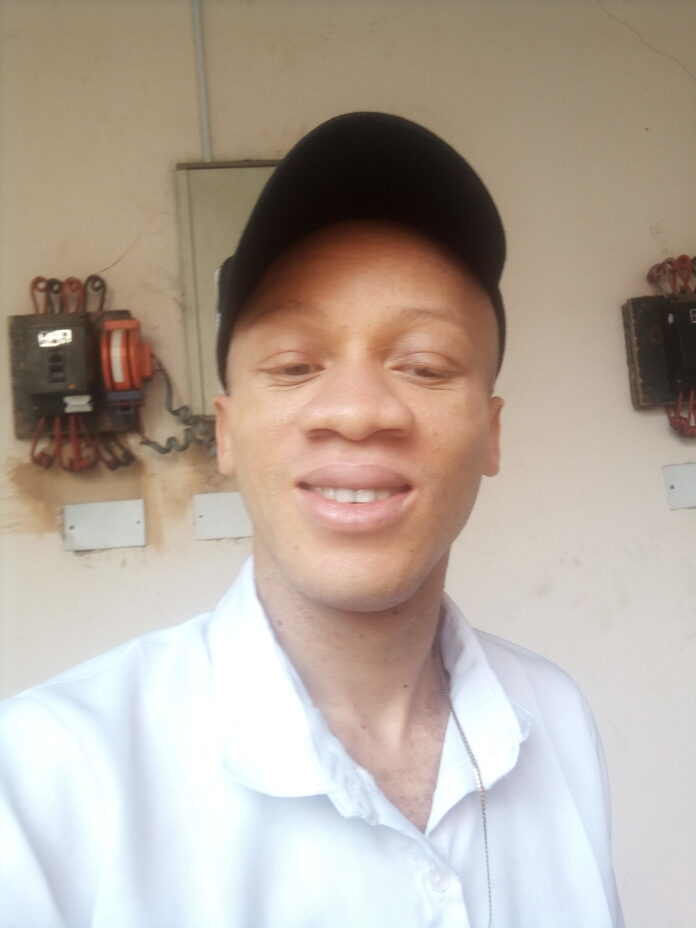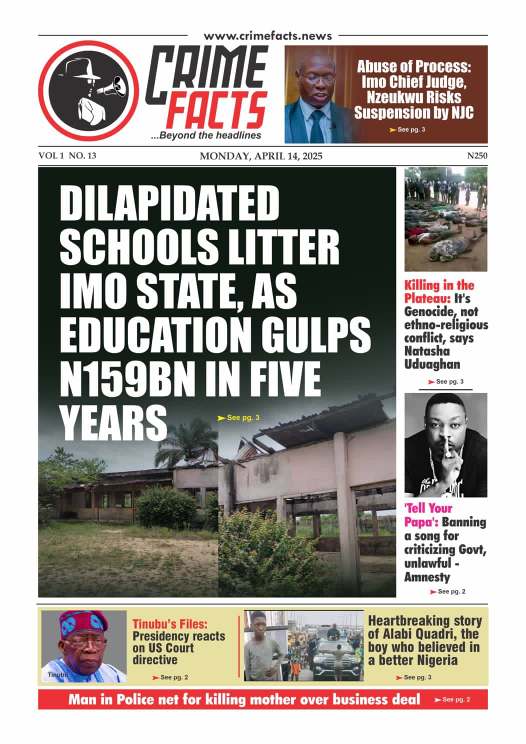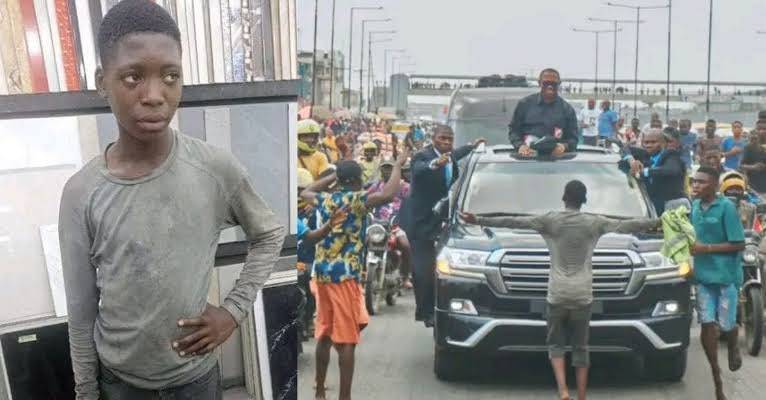
“With immediate effect, the bloc has suspended all commercial transactions with Niger, frozen itsstate assets in the regional central bank, frozen assets of the state and state enterprises in commercial banks, and suspended all financial assistance with regional development banks.”
“A planned 30 billion CFA francs ($51 million) bond issuance by Niger in the West African regional debt market was cancelled by the regional central bank following the imposition of sanctions. Niger had planned to raise 490 billion CFA francs ($834 million) from the regional debt market in 2023.”
“The ECOWAS sanctions also meant Nigeria cut power supply to the country on the 80 megawatt Birnin-Kebbi line, while Ivory Coast suspended imports and exports of Nigerien goods.”
“West Africa’s regional central bank, the BCEAO, shut down its branches in Niger, citing risks to operations.”
These are sanctions slammed on Niger Republic in August 2023 after the country became the latest West Africa nation to be caught in military rule.
On 26 July 2023, one day after Niger’s presidential guard detained democratically-elected President Mohamed Bazoum, the army command endorsed the coup orchestrated by Abdourahmane Tchiani who, while declaring himself the leader of the newly established military junta, claimed that economic hardship, corruption and deteriorating security had made such move necessary (Schotte, 2023). After seizing power, the junta started to crack down on key political figures and fundamental freedoms: on 30 July, it arrested the ministers of petroleum, education and mines, as well as the ruling party’s head (Mednick, 2023). Meanwhile, junta spokesman Col. Maj. Amadou Abdramane banned the use of social media to spread content which would allegedly harm national security
The establishment of the fourth military government in West and Central Africa after Mali, Burkina Faso and Guinea met the response of the Economic Community of West African States (ECOWAS), which issued a 7-day ultimatum to reinstate President Bazoum and imposed travel and economic sanctions on Niger.
Acknowledging that true economic integration can only be built upon sustainable peace and political stability, ECOWAS revised its founding treaty in July 1993 to include a mandate to facilitate peace, security and stability in West Africa.
In December 2001, the bloc went on to adopt the Supplementary Protocol on Democracy and Good Governance, which states “every accession to power must be made through free, fair and transparent elections” and member states must demonstrate a “zero tolerance for power obtained or maintained by unconstitutional means”. The protocol – which contains several other provisions on elections, the rule of law and human rights – also established that the “armed forces, the police and other security agencies [in member states] shall be under the authority of legally constituted civilian authorities.
For a while, it really seemed like ECOWAS could effectively protect democracy within its region of influence. Admirably, there was not a single undemocratic change of power in West Africa from 2015 to 2020.
Yet during this period of rare stability, the bloc’s failure to introduce strict term limits for its members’ presidents proved disastrous for the region, paving the way for a new wave of political violence and seriously hindering its stated aim of improving stability and economic integration among West African nations.
The coup in Niger represents a new chapter in the unfolding tragedies in West Africa democracy, posing serious questions on the fate of democracy in the Sahel as neighboring countries like Mali, Burkina Faso, and Chad have experienced military takeovers in recent times. The coup also imposes a fresh burden on the prospect of peace and stability in the Sahel as the country has served as a buffer zone in the fight against insurgency and terrorism.
The coup opens a new chapter in the struggle for interest in the region as the new leaders in Niger could align with anti-western interests as it has been the case in Mali and Burkina Faso. This could compel Western allies and other development partners to withdraw their support from Niger, a situation likely to complicate peace, welfare and stability of citizens.
However, it has become not too surprising that the ECOWAS on February 24 2024, barely six months after imposing sanctions on Niger Republic, lifted these punishments despite Niger Republic, Mali and Burkina Faso still very active in the practice of military system of government.
In a speech by ECOWAS chairman, President Tinubu said ECOWAS is not an enemy to these countries.
Tinubu said the situation on the ground in the region demands difficult but courageous decisions.
Tinubu urged the regional body to re-examine its approach to ensuring constitutional order in Mali, Burkina Faso, Guinea, and Niger.
Few weeks ago, the military ruled Mali, Burkina Faso and Niger Republic jointly pulled out of ECOWAS citing that it’s a necessary reason. These countries went ahead to announce plans to form a confederation.
This has continued to raise questions among international political experts to why ECOWAS suddenly became too softened on the military ruled West Africa countries. Could it be that ECOWAS has no other options to continue the sanctions? Is there any stronger backings from China and Russia which ECOWAS sees as threat?
Or, can it be agreed that ECOWAS had latter seen reasons why these countries switched to military rule in this 21th century?
ECOWAS has been in existence for 49 years with remarkable achievements. However, this current pampering of military ruled West Africa countries raises dust to whether the regional bloc still has the competency, the potentiality to take vitals decisions on the issues of it’s member States.
If ECOWAS continues this way, more of it’s members will step on it’s face to make declarations that will plague democratic survival in West Africa.
Pascal Ibe, is a Journalist, Writer and Social Commentator.


